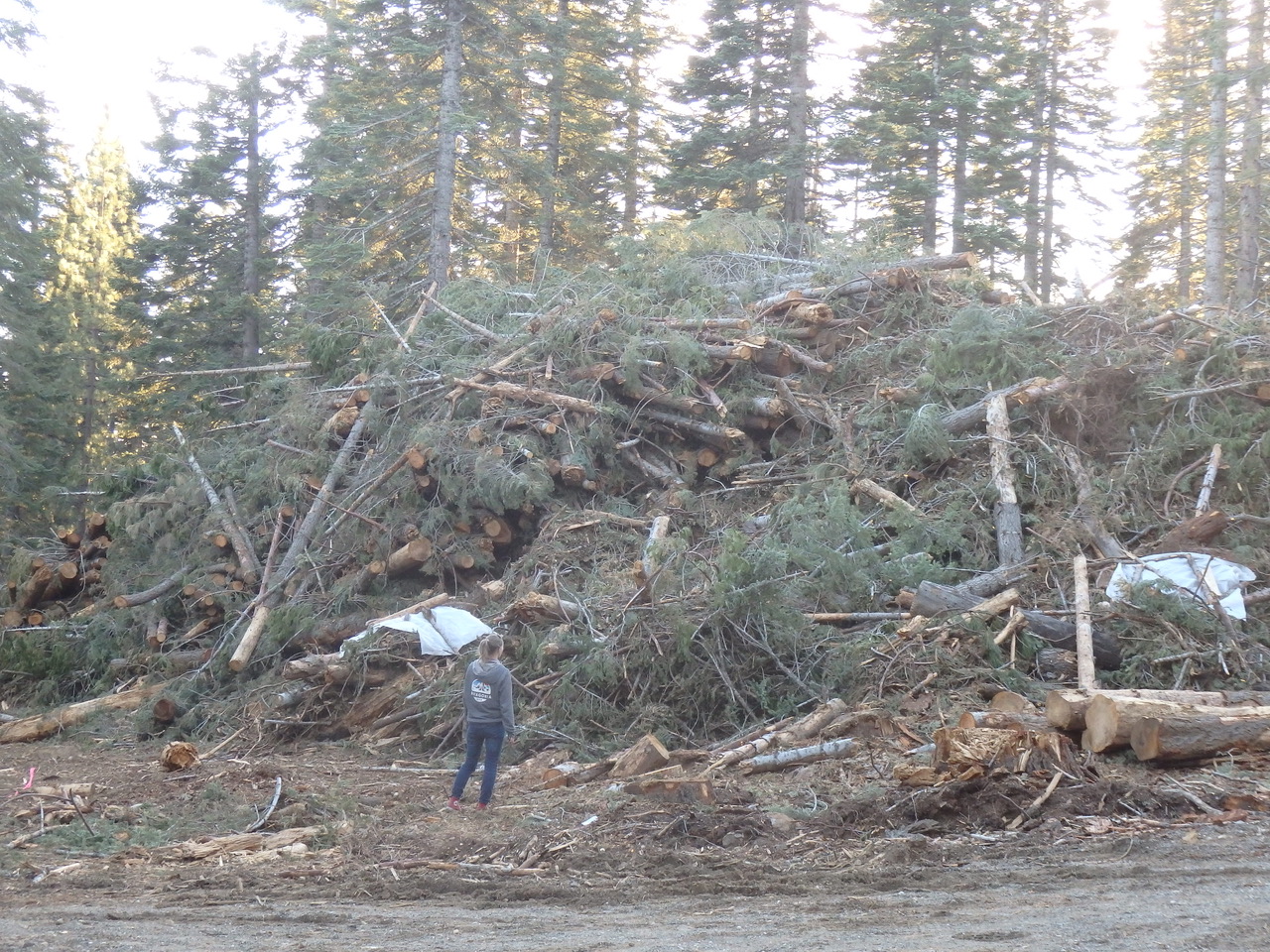 $650 Million “Community Protection Project” (CPP) Would Destroy Mature Forest, Emit Six Million Tons of Carbon, Apply $30m+ Herbicides, Opposed by Growing Coalition
$650 Million “Community Protection Project” (CPP) Would Destroy Mature Forest, Emit Six Million Tons of Carbon, Apply $30m+ Herbicides, Opposed by Growing Coalition
OFFICIAL US FOREST DOCUMENTS FOR THIS PROJECT CAN BE DOWNLOADED HERE. DOWNLOAD TEXT OF LAWSUIT HERE. DONATE TO SUPPORT OUR EFFORTS HERE.
SACRAMENTO, CA— A coalition of community groups has filed suit in federal court over the failure of the U.S. Forest Service (USFS) to prepare an Environmental Impact Statement (EIS) before unleashing industrial logging, herbicide application and burning on 217,721 acres of the Plumas National Forest, including 133,321 acres of mature forest habitat. Plaintiffs call the project “a misguided and counterproductive response to climate driven wildfires.” The project is planned to begin this spring in the La Porte, Graeagle, and Portola areas.
Recent intense wildfires in the west have been found to be very likely a direct result of the climate crisis, caused partly by deforestation, which the USFS now wants to significantly ramp up. Plaintiffs John Muir Project, Feather River Action! and Plumas Forest Project are represented by Deborah Sivas and law students, of the Stanford Environmental Law Clinic. The plaintiffs say the plan would harm the environment and public safety, and that the USFS has refused to hold public meetings on the plan or provide signed opinions from qualified biological experts, despite multiple requests.
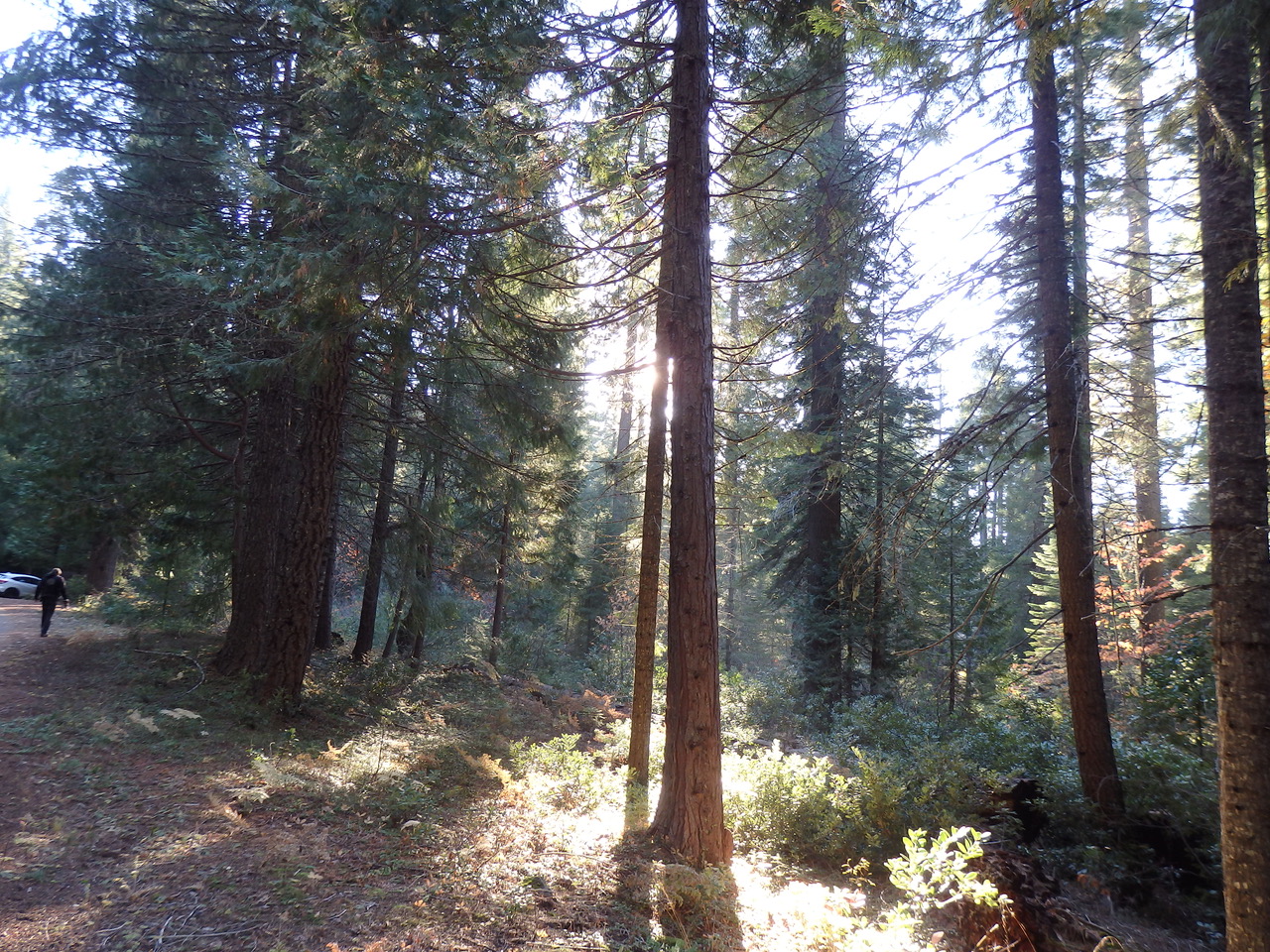
Old-growth forests, which quite recently covered large parts of the continent, have been mostly eliminated by logging, and remaining older forests in the Sierra Nevada Mountains are crucial to protect biodiversity, and to absorb and store carbon. President Biden signed Executive Order 14072 on April 22nd, 2022 which pledged to “conserve America’s mature and old-growth forests on Federal lands.” Rather than adhere to these publicly stated policies, in May 2022 (less than a month later) the USFS announced a series of massive and unprecedented logging projects on the Plumas National Forest, much in mature and old-growth habitat.
The plaintiff groups say that less environmentally destructive, less expensive, and truly effective alternatives exist to reduce wildfire risks, and that the USFS repeatedly refused to consider these options. These include evacuation planning, structure hardening and defensible space, such as hand thinning within 200 feet of homes. Research has found that vegetation management and thinning beyond this distance is irrelevant to structure survival and can increase wildfire spread.
“The Forest Service’s approach here—logging vast areas of remote forests and telling the community that the “thinned” forests would act as a “firebreak”—is the same one that led to the destruction of numerous towns in the northern Sierra Nevada recently, including Paradise, Greenville, Grizzly Flats, and many others” [1] said Chad Hanson, wildfire scientist with the John Muir Project and author of Smokescreen: Debunking Wildfire Myths to Save our Forests and Climate. John Preschutti, of plaintiff group Plumas Forest Project, lost his family home in the Camp fire, and members of the plaintiff groups reside in the wildland urban interface (WUI).
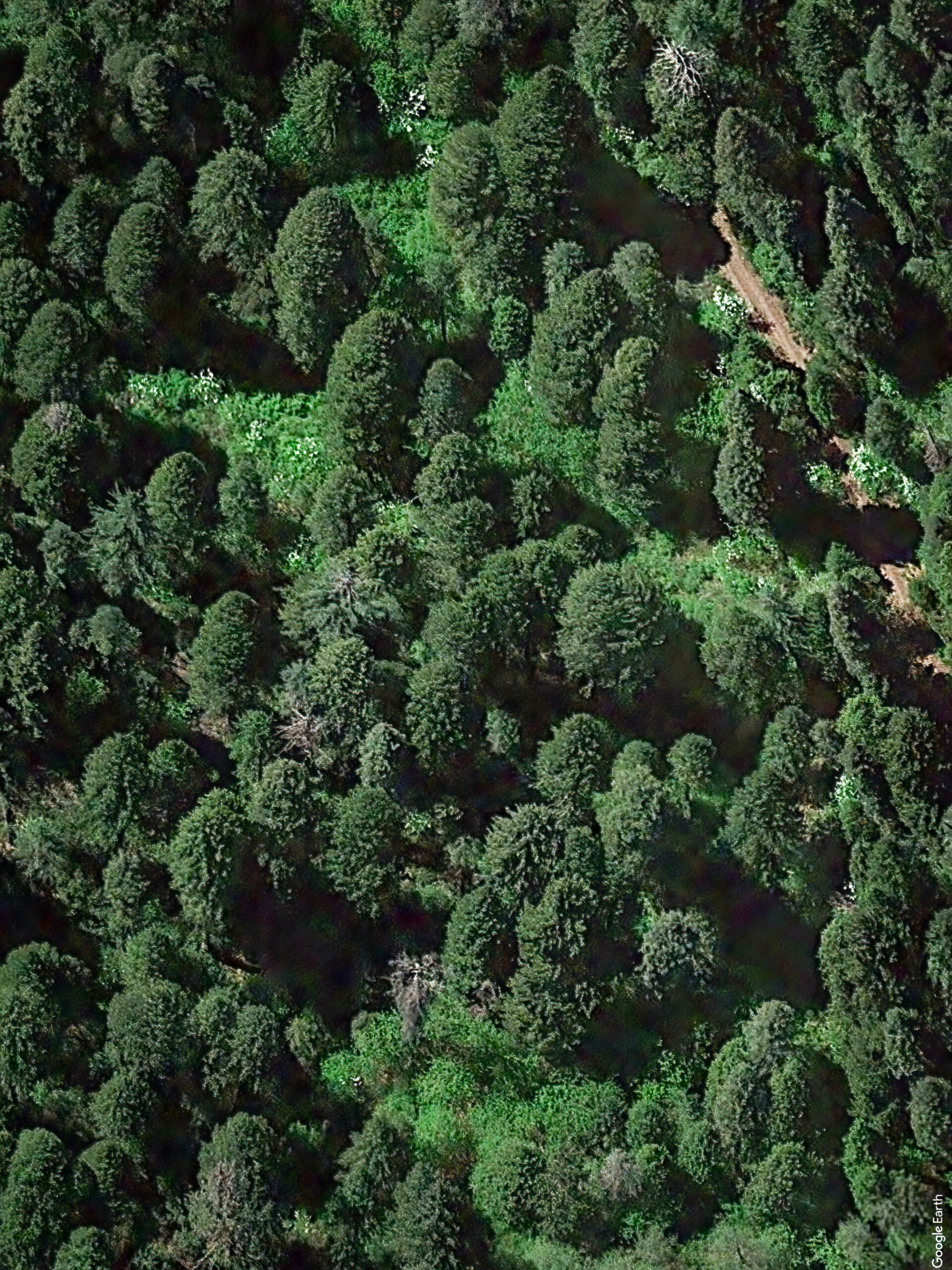
Plaintiffs say “forest thinning” (logging) won’t stop wildfires, and can make them burn hotter and spread faster, reducing evacuation times. By opening dense, shady forests to sunlight and wind, “thinning” dries forests out and heats them up. Yet, contrary to this peer-reviewed science, “wildfire risk reduction” logging—which includes clearcutting fire resistant mature and old-growth trees—is being justified by citing a supposed “overgrown forest” emergency.
Groups say the real emergency is the climate crisis, and damaging globally important carbon stores and sinks exacerbates the problem. Extreme logging is one of the main threats to the integrity of western forest habitats. The biomass industry, which emits more CO2 than coal, has plans for new facilities in Lassen and Tuolumne Counties, posing a serious threat to forests in a 100 mile radius from each facility.

The Plumas National Forest is home to numerous sensitive, threatened, and endangered species. One is the California spotted owl, who needs by dense, old growth and mature forests to survive. In Feb. 2023, the U.S. Fish and Wildlife Service proposed a rule to list the declining Sierra Nevada population of California spotted owl as threatened under the Endangered Species Act. The Central/West Slope portion of the CPP would log or otherwise disturb nearly 80,000 acres located within known spotted owl nesting, foraging and activity areas. To circumvent the Plumas Forest Plan’s protections of mature forest habitat used by California spotted owls, the USFS simply amended the Plan.
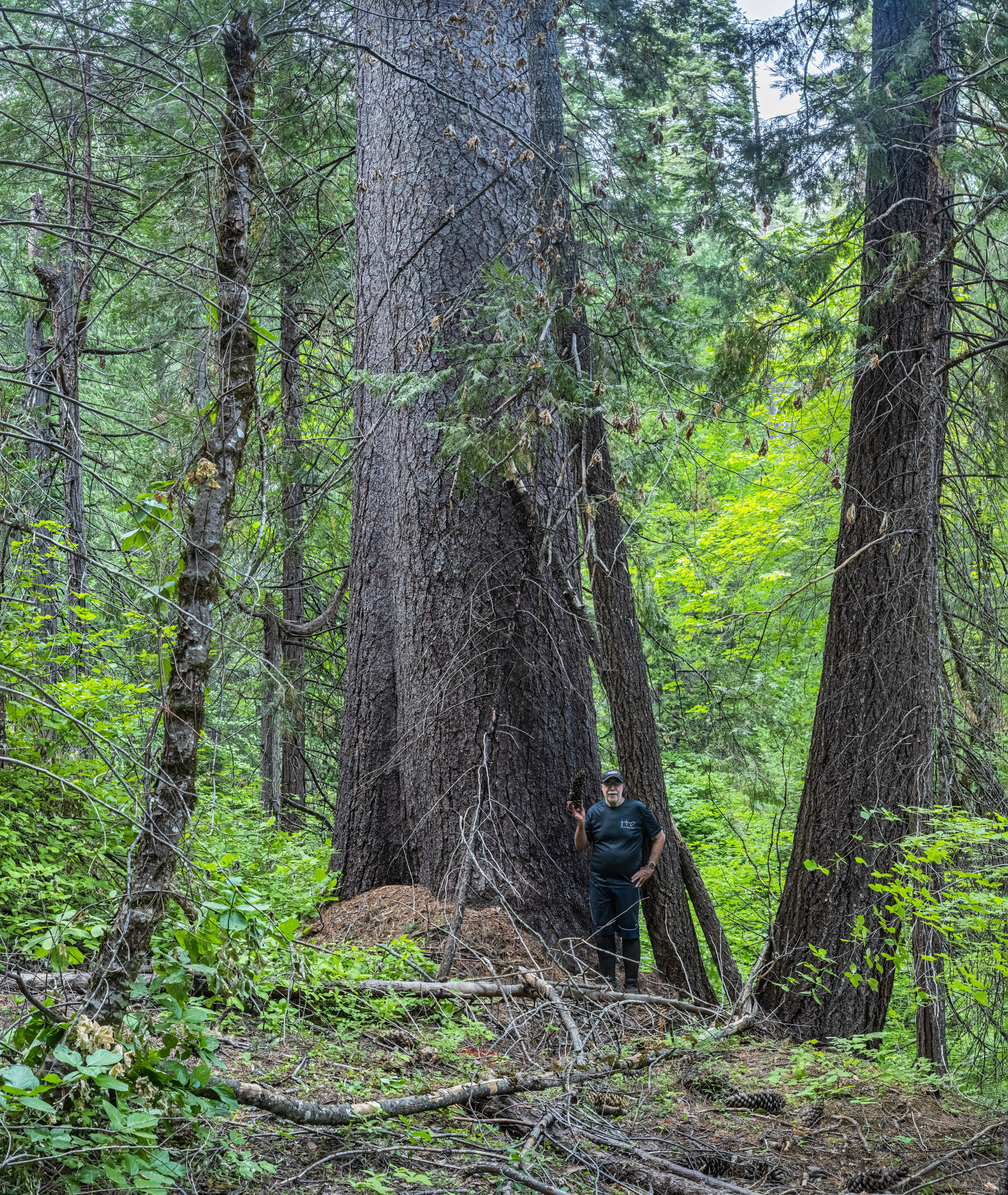
“Climate-driven wildfires require a new approach that puts community hardening, defensible space, and protecting forests first. Industrial logging devastates tourism, biodiversity, climate stability, crucial carbon sinks and turns moist, wild forests and wetlands into windy, damaged and dried out tree plantations, making extreme wildfires more—not less likely. We demand an immediate halt to industrial scale forestry on public lands that puts our climate, wildlife, and rural communities at risk”
####
[1] Plaintiffs detailed that the USFS’ underlying approach to reducing community wildfire risk – based on the assumption that mechanical thinning of vast forest areas distant from communities will stop fires from reaching towns or sufficiently slow fires to allow suppression before they reach communities – proved to be a failure on similar nearby forest lands:
1) Camp Fire of 2018 (which reached and burned the town of Paradise)
2) Dixie Fire of 2021 (which reached and burned the town of Greenville)
3) Caldor Fire of 2021 (which reached and burned the town of Grizzly Flats)
4) North Complex Fire of 2020 (which reached and burned the towns of Berry Creek and Feather Falls)
In support of these comments, Plaintiffs provided detailed maps showing how extensive logging on upwind private and public forest lands prior to each of these four wildfires did not protect human communities or achieve the risk reduction that the USFS claims will occur as a result of similar logging in the Central/West Slope Project.
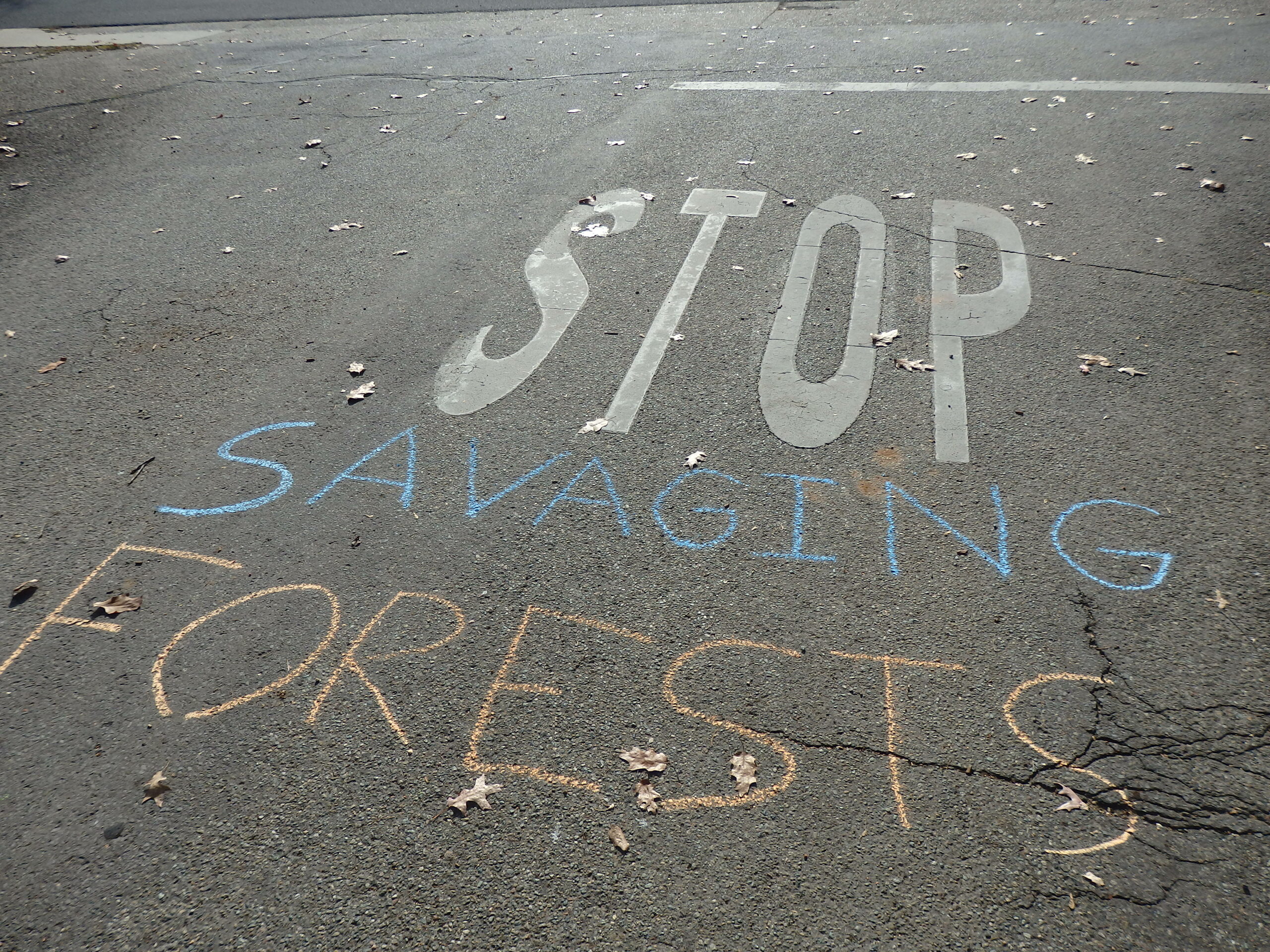
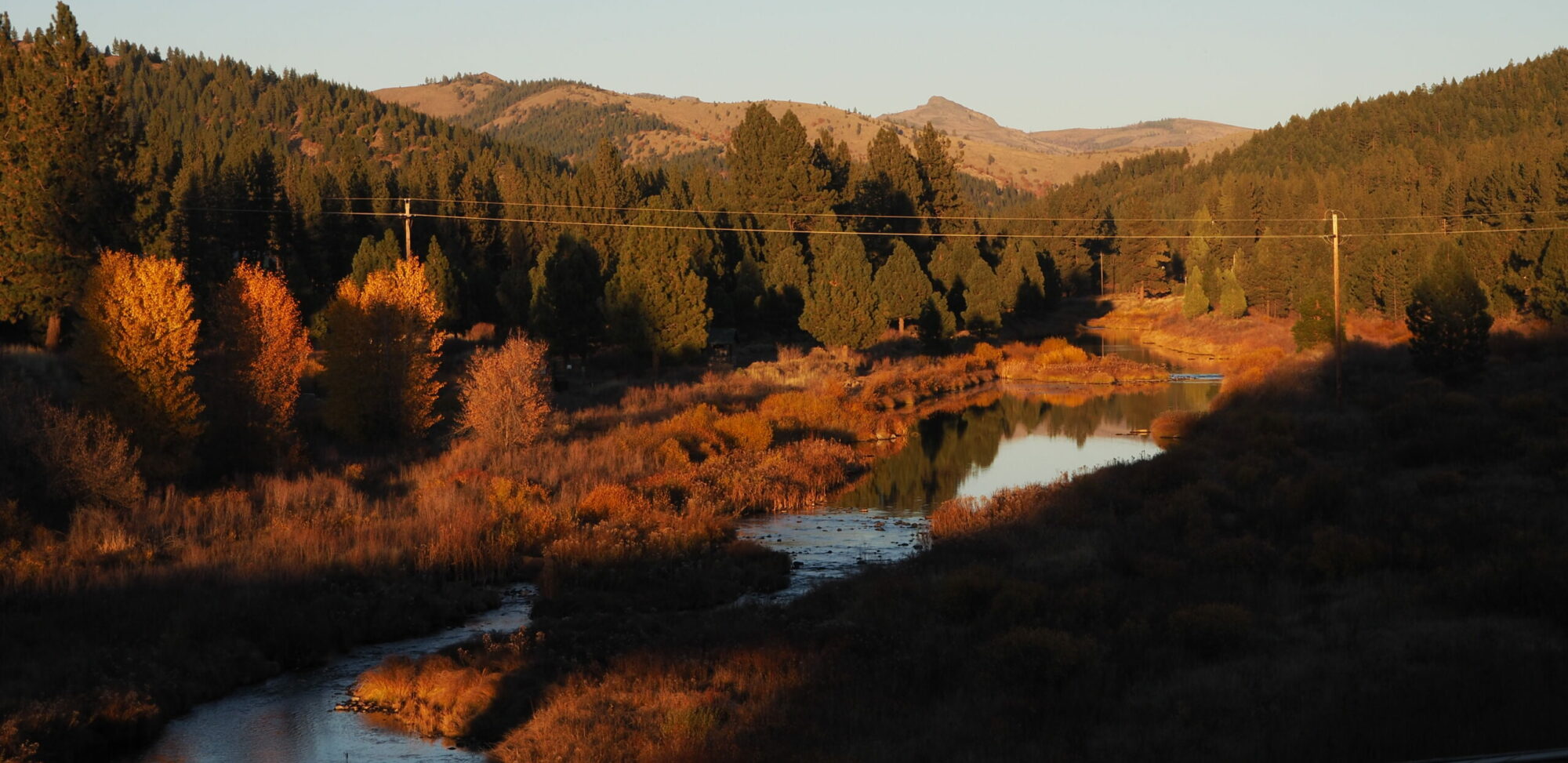
Question: Do you folks know what will happen to all the logs from the downed trees? I suspect some entity will salvage the logs and make big $$ on them. If this is true, I suggest you make the greed well-known to your constituents. I wish you total success in your lawsuit against the Forest Service.
I’m sending out Karen Coulter’s wildfire presentation, it’s free for anyone to use under creative
commons, meaning credit the authors and not for profit. Text is an attachment, slideshow link below
https://drive.google.com/file/d/1mHm4lIq9_b2gPtudVhjepyqL_I5f_sLU/view?usp=drive_web
Folks should definitely consider volunteering with Karen and Blue
Mountains this season. I highly recommend it, you will have a great time and learn a lot while protecting the beautiful forests in Eastern OR.
I’m hoping to go out later this summer so maybe meet up with some of y’all then
https://bluemountainsbiodiversityproject.org
Planning more Lost Sierra action, likely including forest surveying in the Plumas, if anyone wants to be a part of that I will keep in touch
Speaking of Lost Sierra action check this out for some inspiration!
https://ewokrevolt.noblogs.org/post/2024/06/07/biped-wolf-pack-takes-action-against-unprecedented-logging-project/
Any folks in the Chico area want to meet up to talk about follow up and
doing outreach from here feel free to get back to me and we can make
plans – for the wild!